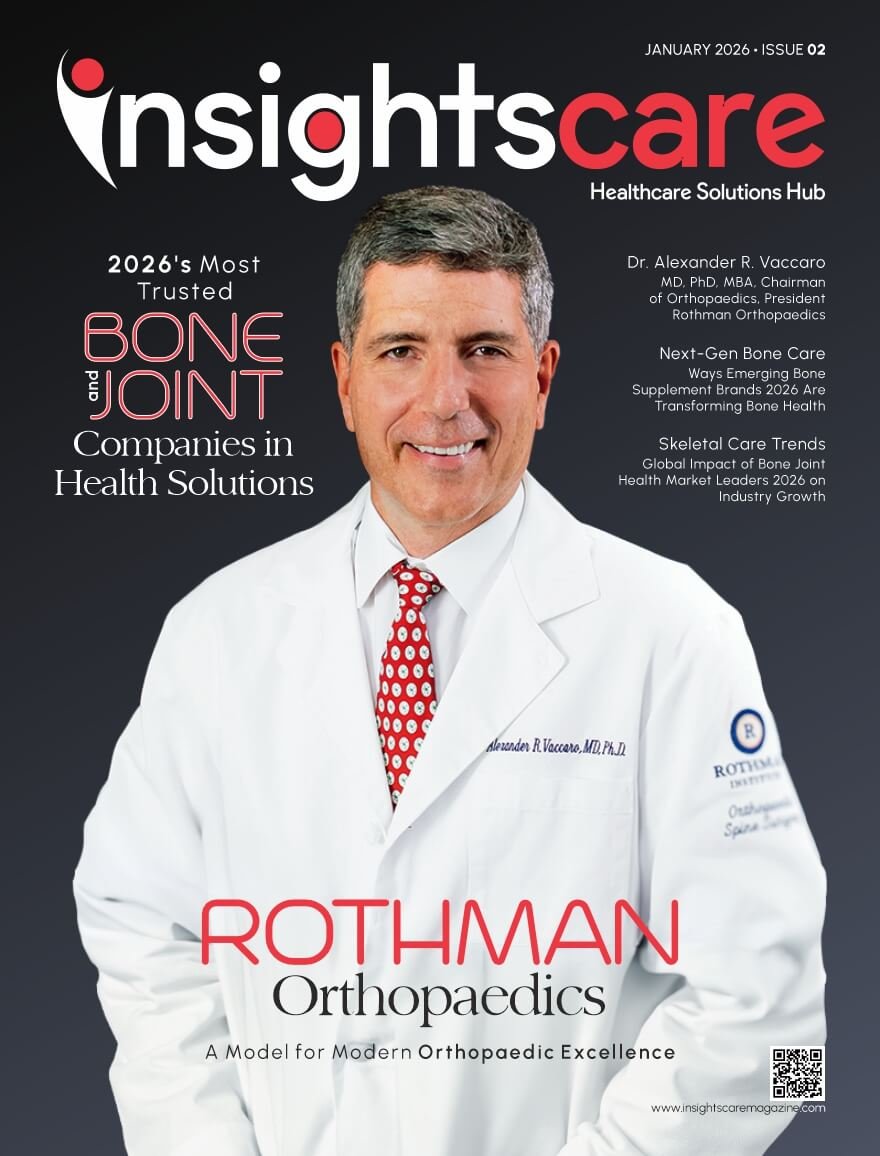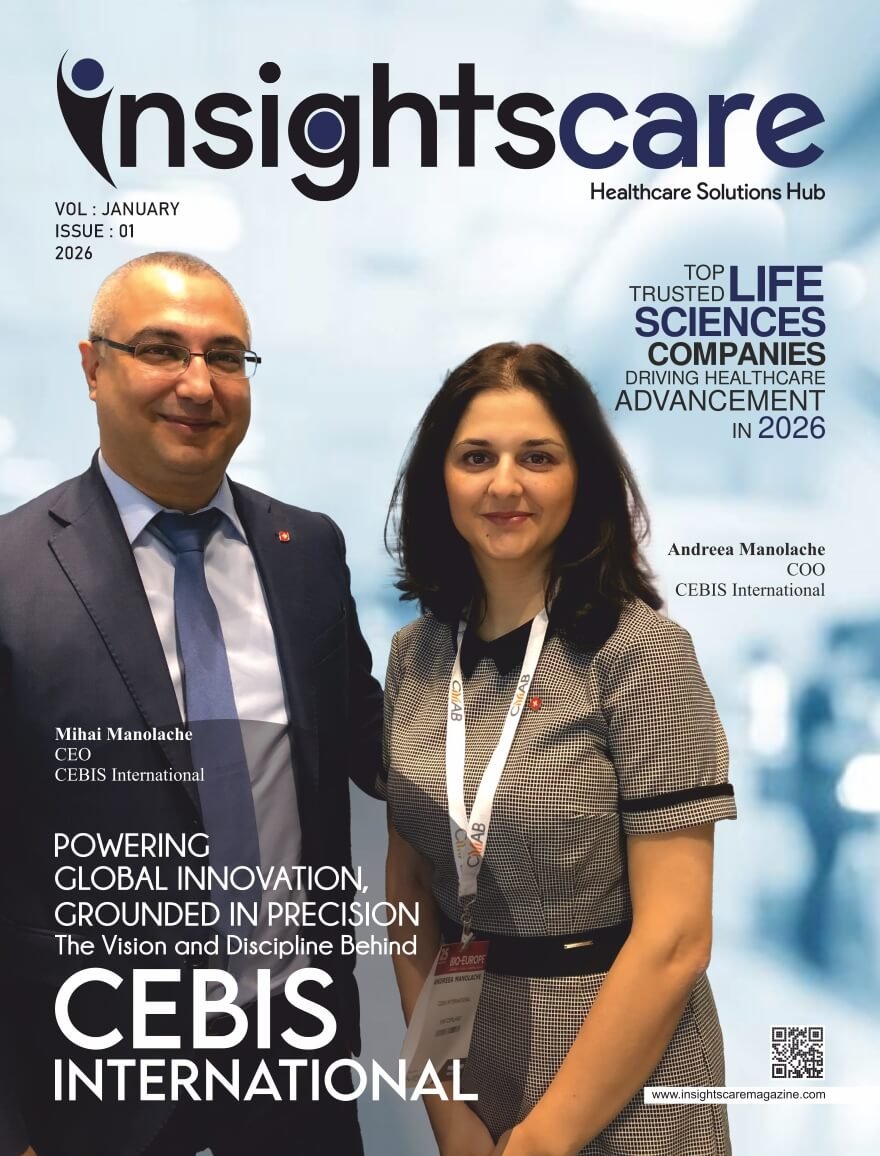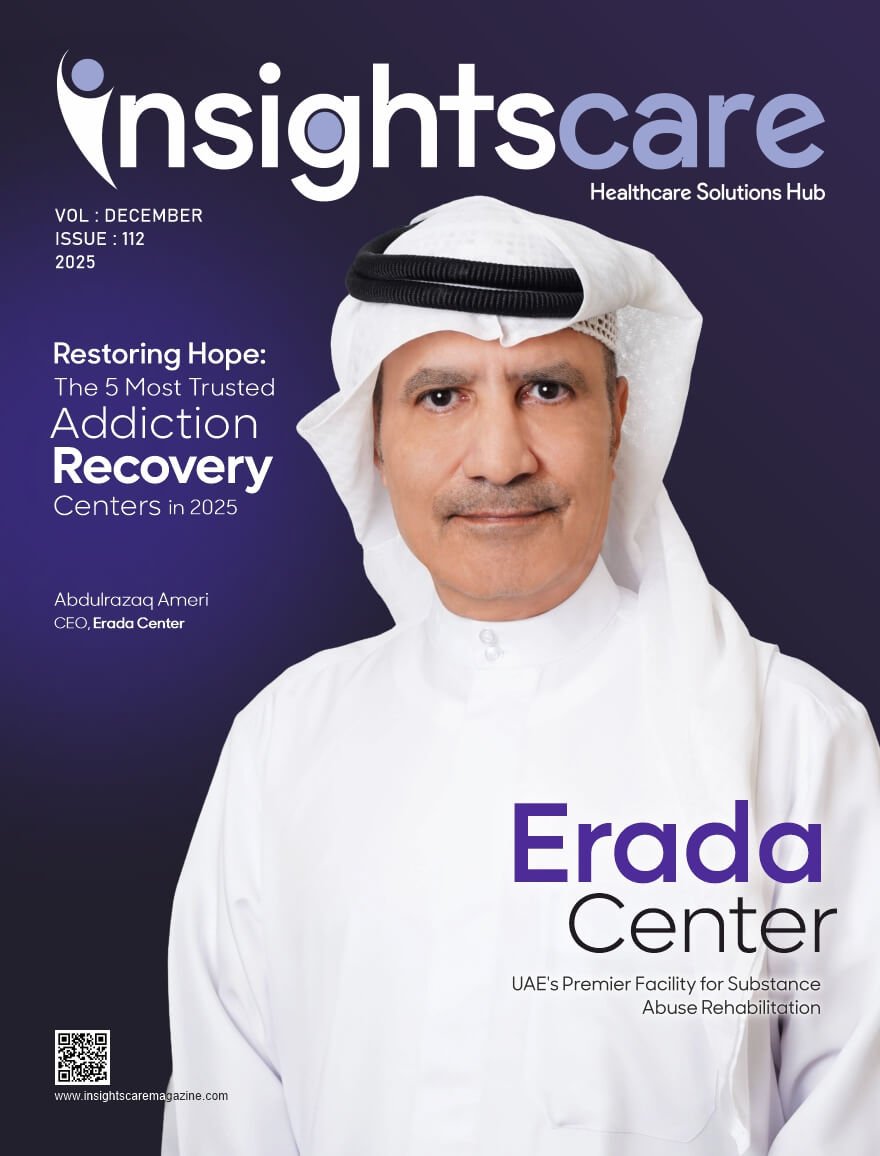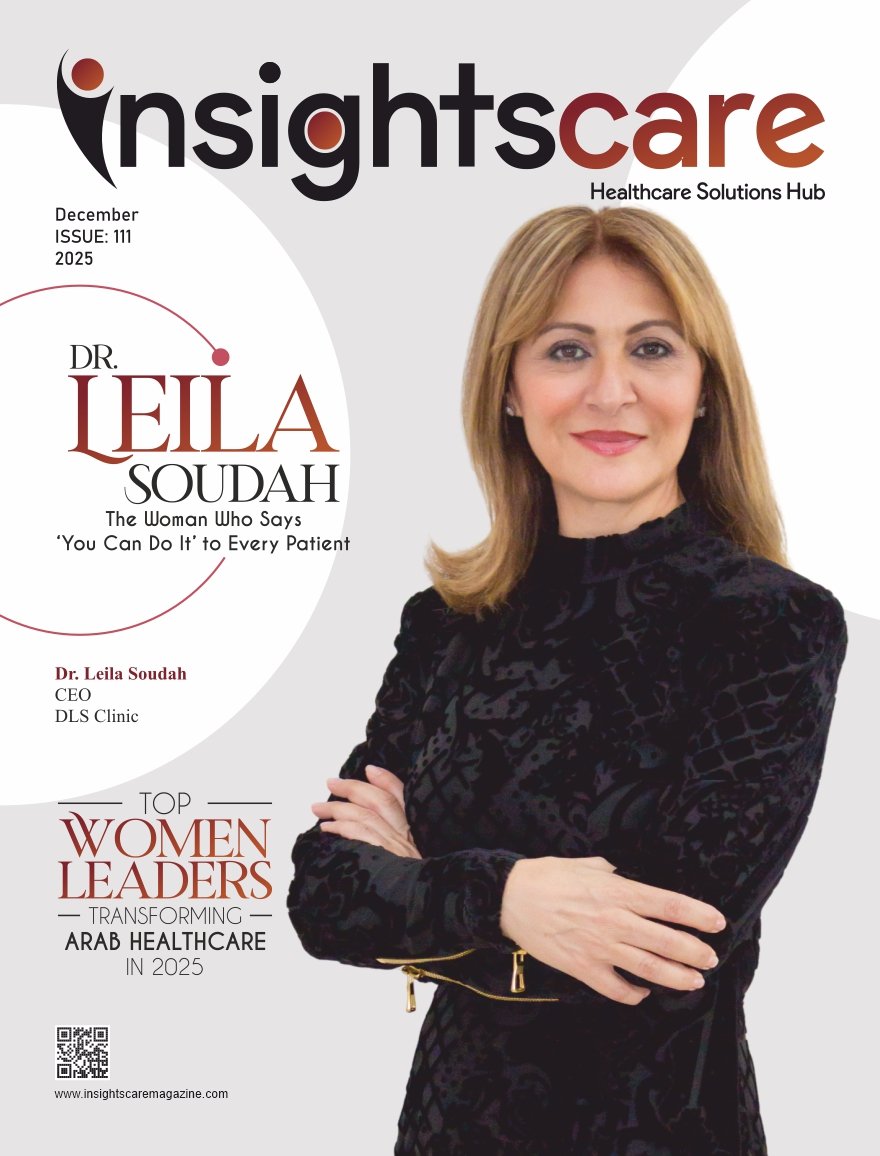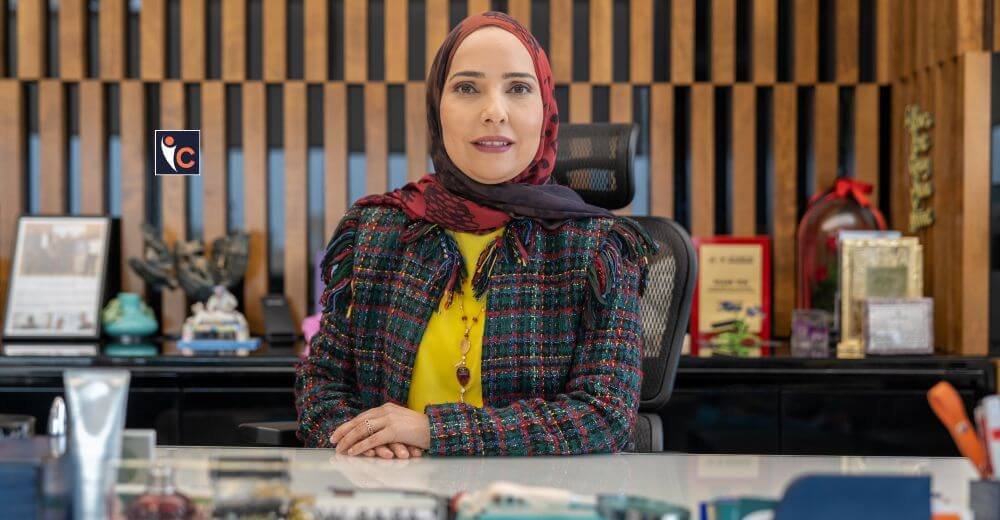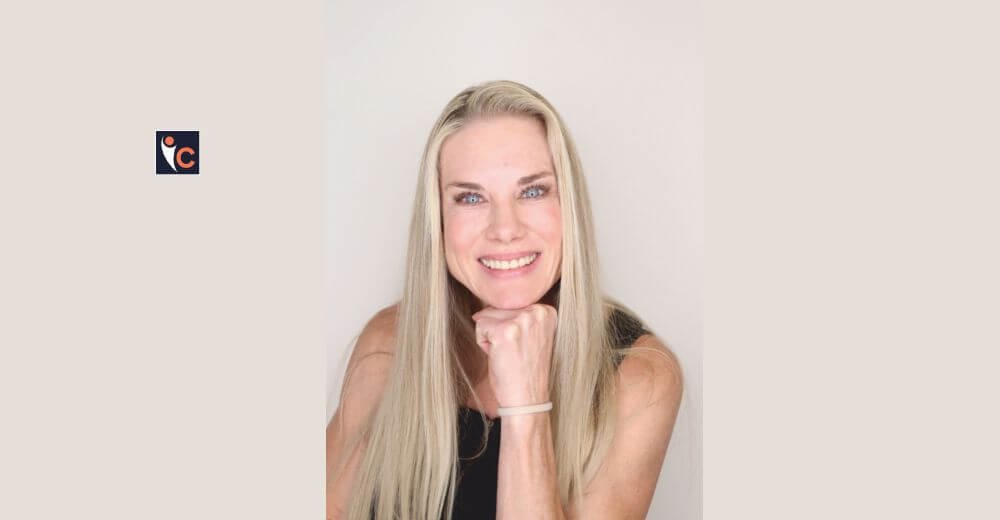Healing begins with what’s on your plate. For Michelle Hurn, a Registered Dietitian and advocate of therapeutic medical nutrition, this belief is at the heart of everything she does. Specializing in low-carb and ketogenic diets, Michelle helps people not just manage diseases but overcome them. But her passion for this approach is deeply personal.
Michelle’s position as Founder of The Dietitian’s Dilemma has made her a prominent change advocate within the nutrition profession. Her mission centers on healing people by designing individualized nutrition treatment strategies that identify and solve the fundamental origins of chronic health conditions, including Type 2 diabetes and mental health conditions. In her personal healing experience, Michelle observed how food served as more than sustenance and provided extraordinary healing power. Through both healing others from illness and fighting outdated nutritional practices, she continues to support people in their journey to wellness.
Let’s explore how therapeutic nutrition is transforming lives by addressing chronic diseases and mental health conditions through personalized care!
The Early Struggle and the Path to Becoming a Dietitian
When Michelle was just 12 years old, she was diagnosed with anorexia; she stood at only 5 feet tall and weighed a mere 57.5 pounds. The doctors gave her a less than 10% chance of survival. During her treatment, she was put on a 24-hour tube feeding regimen, consisting of ingredients like corn syrup, soy protein, and canola oil, a combination that only worsened her health. The doctors told her that even if she did survive, the psychological effects of the disorder would linger forever, manifesting as chronic anxiety, depression, and eating disorders.
Despite the bleak outlook, Michelle’s journey didn’t end there. Although she regained weight, she continued to struggle with severe mental health challenges, including suicidal thoughts and self-injury. It was through this harrowing experience that her aspiration to become a dietitian was born. “It became my sincerest hope and prayer that becoming a dietitian would not only teach me how to heal myself but, in addition, might help others suffering with mental health disorders,” she shares.
The Power of Therapeutic Medical Nutrition
What excites Michelle the most about her work is witnessing the profound impact of therapeutic nutrition on both physical and mental health. Through her practice, she has seen firsthand how a therapeutic ketogenic diet can transform lives. “I’ve seen the transformative power of therapeutic ketogenic diets. I reversed my decades-long struggle with anorexia and depression, and now I get to help Type 2 diabetics achieve remission of their disease,” she explains. By lowering insulin levels through a targeted diet, she’s been able to help individuals achieve better physical health, mental clarity, and emotional stability.
The impact of a well-structured, patient-focused therapeutic diet cannot be overstated. Michelle’s ability to see positive outcomes in patients, ranging from improved blood sugar control in diabetics to the alleviation of depression symptoms, reflects the profound changes that occur when the body receives the right fuel. “When we lower the master hormone insulin, profound physical and mental health is possible. What a joy to help others heal!”
The Concept of “Leaders in Therapeutic Medical Nutrition”
For Michelle, the phrase “Leaders in Therapeutic Medical Nutrition” represents a commitment to exploring the body’s incredible capacity for self-healing. “The human body has a tremendous capacity to heal. It’s greater than anyone has allowed you to believe,” she asserts. She believes that healing starts with reversing insulin resistance, a concept that contrasts with the conventional approach to disease management. Her daily practice revolves around the science of low-carbohydrate diets, which have helped many of her patients eliminate the need for multiple medications and regain their health.
One of her core beliefs is that the solution to many chronic diseases lies in a significant shift in diet. “Health starts with reversing insulin resistance, and this requires the opposite approach of what many people have been taught,” she explains. She is dedicated to showing people that by embracing a low-carb lifestyle, they can not only lose weight but also reverse chronic conditions like Type 2 diabetes and hypertension.
Overcoming Systemic Challenges in Healthcare
Michelle is open about the challenges in the current healthcare system, particularly with nutrition advice. She argues that much of the system is designed to keep people sick for profit, as pharmaceutical and food industries have significant influence over medical recommendations. “Our healthcare system is designed to keep people sick. It’s incredibly profitable,” she says. She points out that dietitians are often still promoting outdated advice like “healthy whole grains” and “all foods in moderation,” despite overwhelming evidence that these recommendations can exacerbate chronic health conditions.
One of the most difficult challenges Michelle faces is overcoming the widespread addiction to sugar and processed carbohydrates. “A great portion of the population is addicted to high sugar, high carbohydrate foods,” she says. Food companies and pharmaceutical corporations also lobby dietetic associations and medical groups to promote unhealthy food choices, while simultaneously profiting from medications to manage the diseases caused by these foods. “What a mess! I promote a way of eating that reverses disease! No junk food or medication necessary!” This bold stance of Michelle’s mission is to help her patients reclaim their health by breaking free from the cycle of disease management.
The Future Role of Dietitians
Looking ahead, Michelle sees a clear path for the role of dietitians, especially with the growing emphasis on personalized medicine. She believes that the future of nutrition is in embracing low-carbohydrate and ketogenic diets as essential tools in healing chronic diseases. “Dietitians must embrace low carbohydrate nutrition. Currently, 93% of the United States (and a large portion of the world) has insulin resistance,” she notes. In her view, the focus should be on removing the foods that are causing illness, rather than moderating them, and embracing a diet that fosters vibrant health.
She also envisions the rise of patient-centered care models that empower individuals to take control of their health through accessible and simple dietary advice. “Hopefully, our population will embrace studies on ketogenic diets and we will continue to develop and promote patient care (like OWNA Health) where the patients have more access to quick, simple responses from their providers.” By offering personalized support, dietitians can foster a culture of healing that moves beyond conventional, one-size-fits-all approaches.
Practical Advice for Optimizing Diet for Therapeutic Purposes
For those looking to optimize their diet for therapeutic purposes, Michelle has some straightforward advice: “Do the opposite of what you have been taught! Eat lots of beef, butter, and high fat animal protein. Enjoy low starch vegetables. Round out your diet with avocados, olive oil, and coconut oil. Use lots of salt.” She emphasizes the importance of eliminating carbohydrates and sugar from the diet, at least for one month, to allow the body to heal. By following these simple guidelines, she believes that individuals can experience life-changing results, as reducing carbohydrates lowers insulin levels, which is essential for healing.
However, she acknowledges the societal challenges associated with shifting to this kind of diet. “Unfortunately, there’s so much misinformation out there, and people are so addicted to carbohydrates that many will scoff at the mere notion of temporary abstinence,” she points out. The key to success, she argues, is recognizing food as fuel and not allowing it to control one’s emotions or actions.
Advice for Aspiring Dietitians
For aspiring dietitians, Michelle stresses the importance of being willing to challenge established practices. “Be ready for an education that is fuelled by the food industry. It’s really bad! You will have to do your own research to learn what is actually true,” she warns. She stresses the importance of questioning everything and focusing on how to help patients lower insulin levels effectively. To do this, she encourages aspiring dietitians to seek out independent organizations that are not funded by food or pharmaceutical companies, such as Metabolic Mind and The Society of Metabolic Health Practitioners.
In her view, dietitians must be willing to think outside of conventional guidelines and embrace the scientific evidence that supports low-carbohydrate and ketogenic diets for therapeutic purposes. By doing so, they can make a real difference in the lives of their patients and contribute to a healthier, more informed world.


